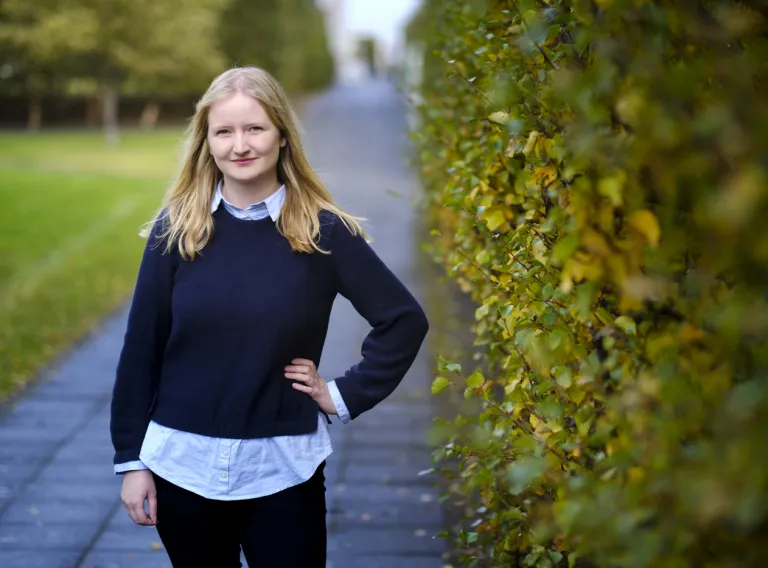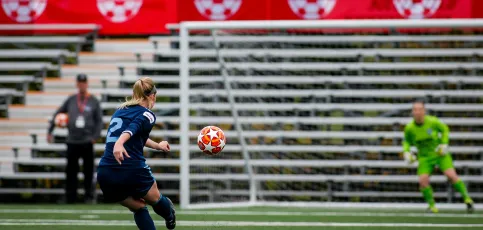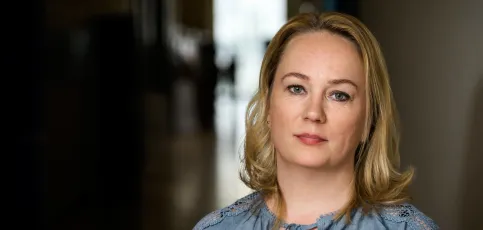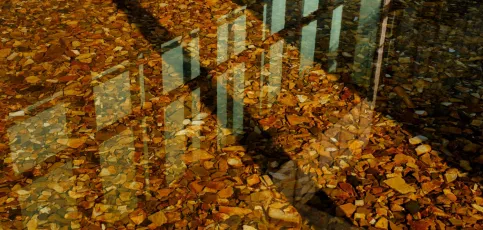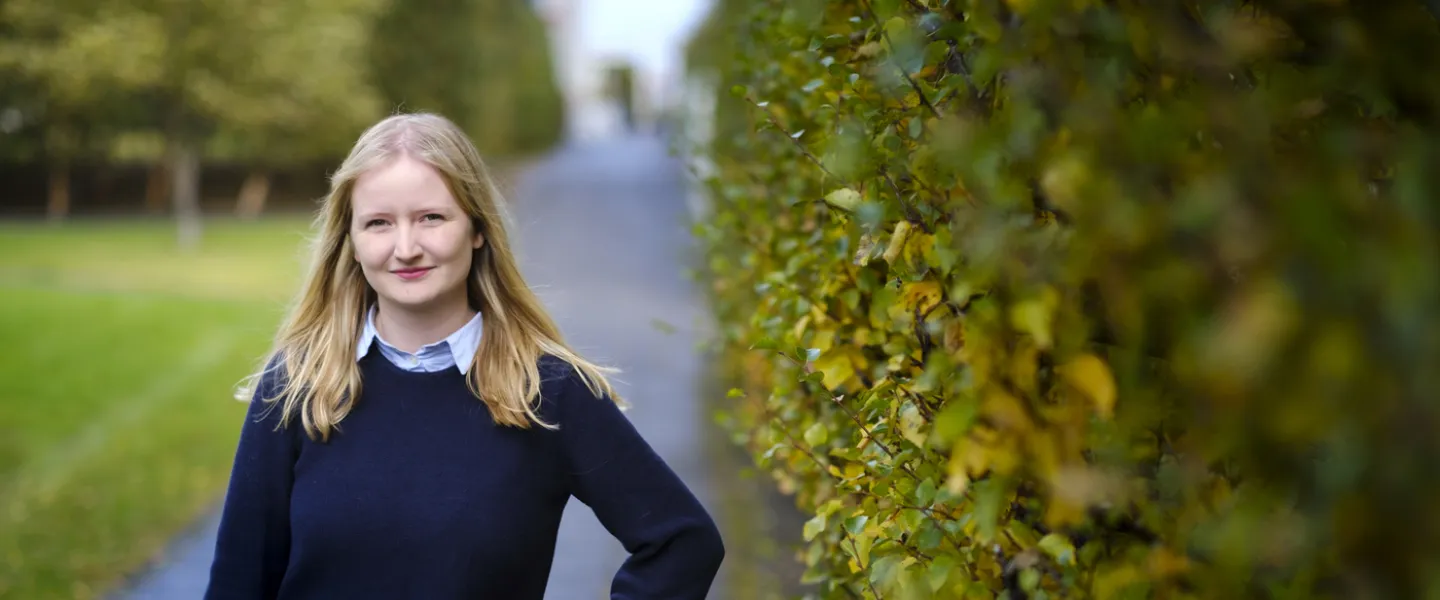
The PhD student, Dagrún Ósk Jónsdóttir, is very invested in all that is mysterious, weird, or even horrible. The thread of her research subjects in folkloristics has reflected this and she has even studied cannibalism in Icelandic folktales.
However, she is currently studying the manifestations of women in Icelandic folktale collected in the 19th and 20th century. Dagrún Ósk has great interest in floklores and what the can tell us about the society they are set in. "The stories give us a certain insight into the lives and ideology of the people who told them. As I am also interested in gender studies this looked like an exciting project to tackle."
Focus on women in Icelandic folktales
In a few Icelandic folktales featuring women the subject includes conflicts that we are familiar with, even from our times. Helga Kress, professor emerita at the Faculty of Icelandic and Comparative Cultural Studies, has pointed out that these include subjects such as forbidden love, betrayal, servitude, domestic violence, forced marriages, and even rebellion among women.
"My focus is on women who rebel against prevailing ideas of femininity of the time the stories were collected and the consequences," says Dagrún Ósk about this interesting project. "I have been studying stories of women doing men's jobs, who renounce motherhood, supernatural women such as giantesses and fairies and gender-based violence against the heroines."
Dagrún Ósk says that the study is actually the offspring of a show she did in the summer of 2018 and was called the eerie name: "Giantesses that eat men: cannibalism and feminism." She based the show on her BA thesis on cannibalism in Icelandic folktales.
I approached the cannibalism from a gender perspective in the show and wanted to do more researches that integrate the two factors; folkloristics and gender studies."
